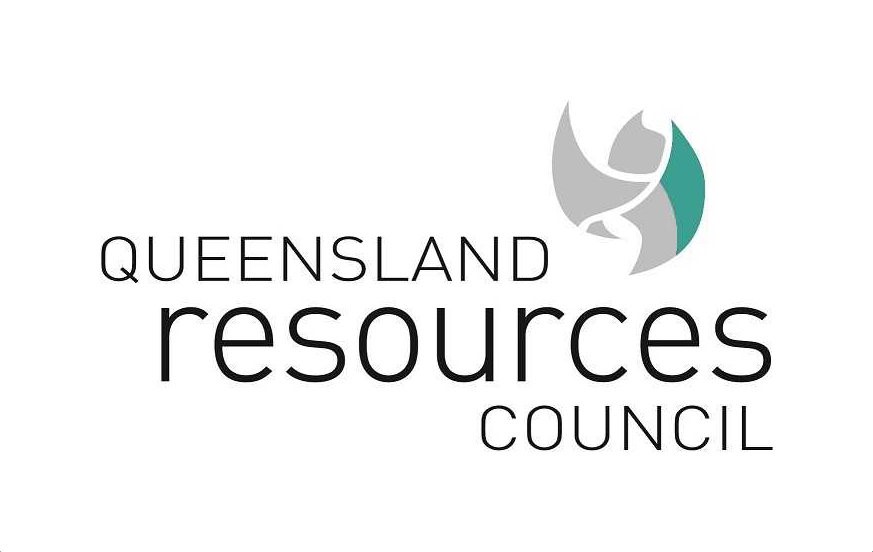

The Queensland Resources Council (QRC) has backed the opposition's proposal to add alumina, bauxite, aluminium, nickel, copper, zinc, potash, and phosphate to the list of critical minerals and welcomed the upcoming publication of the Australian Government's revised Critical Minerals Strategy.
According to QRC Chief Executive Ian Macfarlane, the rapidly rising global focus on essential mineral sources and supply chains means Australia and Queensland must move swiftly to capitalise on the investment and employment opportunities that will result from the surge in demand.
{alcircleadd}
"Critical minerals is the buzz term around the world at the moment, and for good reason because they are essential to the development of modern, low-emissions economies. Although there's not one globally agreed list of critical minerals, the Australian and Queensland Governments have been working over several years to create a priority list of minerals for exploration and investment," said Mr Macfarlane.
Australia has the potential to mine, process, utilise, and export essential minerals that will help decarbonise the economy, improve industrial capacity, and support sectors like defence, aviation, and medical. The Australian Government is set to issue an updated Critical Minerals Strategy, which will unify earlier versions of the strategy and expand on over $50 million in grant announcements made by Resources Minister Madeleine King under the Critical Minerals Development Programme.
"The QRC welcomes the Government's attention on an updated strategy and supports the proposal from Shadow Resources Minister Senator Susan McDonald to expand Australia's critical minerals list to include aluminium, alumina, bauxite, nickel, copper, zinc, potash and phosphate," added Mr Macfarlane.
Fierce global competition exists for investment in critical minerals projects and processing capacity. Australia will achieve the best results and create the most jobs when there is bipartisan support at the federal level and when the Australian and Queensland governments collaborate on a coordinated strategy. Before the Covid-19 epidemic, the QRC participated in an Australian Government critical minerals trip to the United States because we acknowledged the importance of these minerals in Australia's and the world's transition to net zero emissions.
Responses








